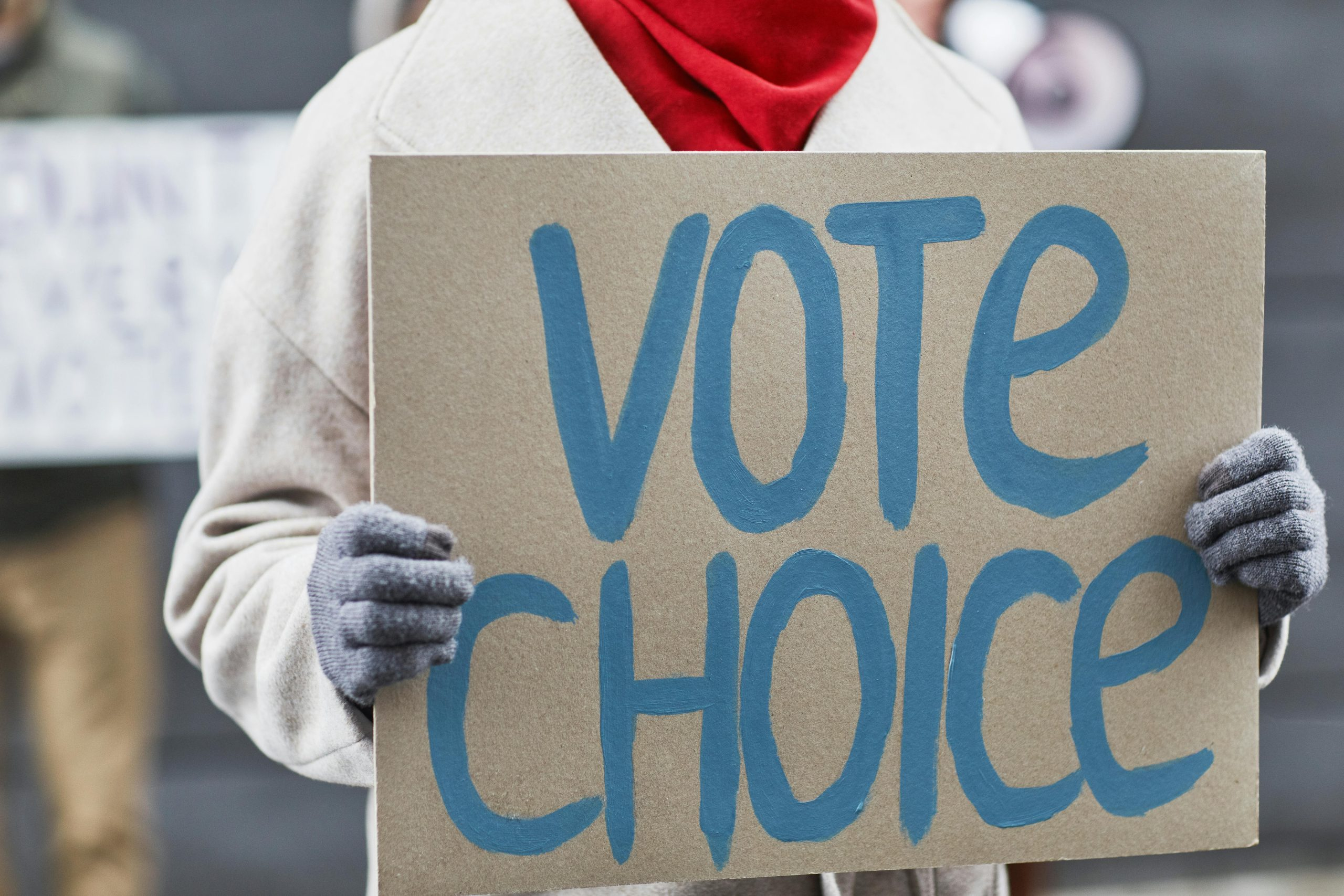Children’s Rights in Juvenile Justice Systems
When it comes to the juvenile justice system, there is often a lot of focus on the crimes committed by young individuals. However, what can easily get lost in these discussions is the fact that these “young criminals” are still children. As such, they are entitled to certain rights and protections, even within the confines of the juvenile justice system. In this article, we will explore the concept of children’s rights in the juvenile justice system and why it is crucial for society to ensure that these rights are not being violated.
The Unique Needs and Rights of Children
Children are inherently different from adults in many ways. They are still in the process of developing physically, mentally, and emotionally. This means that their brains are not fully developed, and they often lack the same level of maturity and understanding as adults. As such, they require special care and treatment when it comes to the justice system.
The United Nations Convention on the Rights of the Child states that every child has the right to be treated with dignity and respect, regardless of their actions or circumstances. This means that even if a child has committed a crime, they are still entitled to their basic human rights, such as the right to a fair trial and the right to be protected from physical and emotional harm.
The Role of the Juvenile Justice System
The primary goal of the juvenile justice system is to rehabilitate and reintegrate young offenders back into society. This means that the system should focus on addressing the root causes of the child’s behavior and providing them with the necessary support and resources to make positive changes in their lives.
However, the reality is that the juvenile justice system can often be harsh and punitive, with a focus on punishment rather than rehabilitation. This can result in children being denied their basic rights, and as a result, hinder their chances of successful reintegration into society.
The Rights of Children in Juvenile Justice Systems
So, what are the rights that children in the juvenile justice system should be entitled to?
1. The Right to Due Process
As with any individual, children have the right to due process. This includes the right to be informed of the charges against them, the right to a fair trial, and the right to have an attorney present during all legal proceedings.
2. The Right to be Treated with Respect and Dignity
As mentioned earlier, every child has the right to be treated with respect and dignity, regardless of their actions. This means that they should not be subjected to any form of physical or emotional abuse while in the juvenile justice system.
3. The Right to Education and Rehabilitation
In order to successfully reintegrate into society, children need access to education and rehabilitation programs. The juvenile justice system should provide them with the necessary resources and support to help them learn and grow, rather than punishing them for their mistakes.
4. The Right to Be Heard
Children should also have the right to be heard in their legal proceedings. This means that their opinions and perspectives should be taken into consideration and respected.
The Importance of Protecting Children’s Rights
It is crucial for society to protect the rights of children in the juvenile justice system for a variety of reasons.
Firstly, denying children their basic rights can have long-term negative effects on their mental and emotional well-being. It can also perpetuate a cycle of violence and crime, as these children may not receive the necessary support to make positive changes in their lives.
Furthermore, protecting children’s rights aligns with the principles of justice and fairness. No individual, regardless of their age, should be denied their basic rights and treated cruelly.
In Conclusion
Children in the juvenile justice system are still children, and as such, they are entitled to certain rights and protections. It is the responsibility of society to ensure that these rights are not being violated, and that the juvenile justice system is focused on rehabilitation rather than punishment. By treating these young individuals with respect and dignity, we can help them become responsible members of society and break the cycle of crime and violence.










